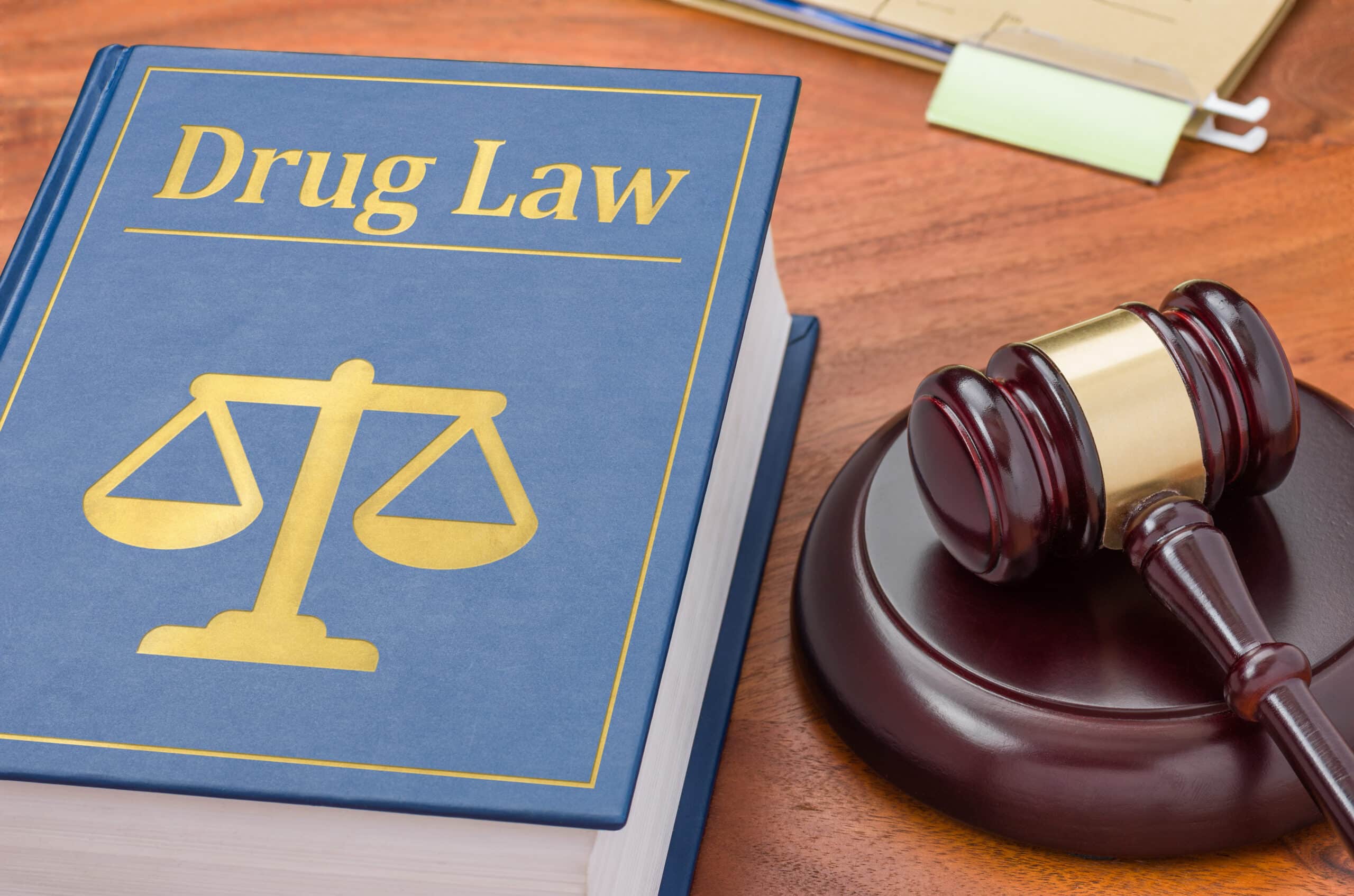Being charged with drug crimes in North Carolina can be an overwhelming and distressing experience. The legal consequences of drug offenses can significantly impact your life, potentially leading to severe penalties, including fines, probation, and even imprisonment.
However, it’s important to remember that you have rights, and understanding the legal landscape surrounding drug crimes in North Carolina can help you navigate the situation more effectively. Understand the legal landscape and explore effective defense strategies to protect your rights.
Understanding Drug Crimes in North Carolina
North Carolina categorizes drug crimes based on the type and quantity of the controlled substances involved. These crimes include possession, trafficking, manufacturing, sale, and distribution of drugs such as marijuana, cocaine, heroin, methamphetamine, and prescription medications.
Penalties for drug crimes in North Carolina vary depending on the type and quantity of drugs involved, the intent behind the offense, and the individual’s prior criminal record. The state follows a structured sentencing system that considers these factors to determine the severity of the punishment, which may range from fines and probation to imprisonment.
Common Drug Crime Defense Strategies
When facing drug charges, it is crucial to work with an experienced criminal defense attorney who can develop a tailored strategy based on the specific circumstances of your case. While every case is unique, the following defense strategies are commonly employed in drug crime cases:
- Illegal search and seizure: The Fourth Amendment of the U.S. Constitution protects individuals from unreasonable searches and seizures. If law enforcement violated your constitutional rights during the arrest or search process, evidence obtained through an illegal search may be deemed inadmissible in court.
- Lack of knowledge or intent: If you can demonstrate that you were unaware of the presence of drugs or had no intent to possess, distribute, or manufacture illegal substances, it can weaken the prosecution’s case against you.
- Insufficient evidence: Challenging the evidence presented by the prosecution can be a viable defense strategy. Your attorney may question the evidence’s accuracy, handling, or integrity or challenge the chain of custody, casting doubt on its reliability.
- Entrapment: If you can prove that law enforcement officers induced or coerced you into committing a drug-related offense that you would not have otherwise engaged in, you may be able to argue entrapment as a defense.
- Violation of Miranda rights: If you were not read your Miranda rights (the right to remain silent and have an attorney present during questioning) or if law enforcement obtained self-incriminating statements violating these rights, your attorney can challenge the admissibility of those statements in court.
- Substance identification: The prosecution must establish that the substance in question is an illegal drug. Challenging the accuracy of the lab tests or raising doubts about the reliability of the testing procedures can be an effective defense strategy.
The Importance of Legal Representation
When facing drug charges in North Carolina, seeking legal representation is essential to protect your rights and mount a robust defense. An experienced criminal defense attorney will evaluate the specific circumstances of your case, identify weaknesses in the prosecution’s evidence, and develop a comprehensive defense strategy tailored to your situation.
Drug crimes in North Carolina carry severe penalties that can have a lasting impact on your personal and professional life. Understanding the legal landscape surrounding drug offenses and employing effective defense strategies is crucial for protecting your rights and securing the best possible outcome.
Consulting with an experienced criminal defense attorney specializing in drug crimes can help you navigate the complexities of the legal system, challenge the prosecution’s evidence, and advocate for your rights effectively. Everyone deserves a fair defense, and with the right legal representation, you can work towards safeguarding your future.









